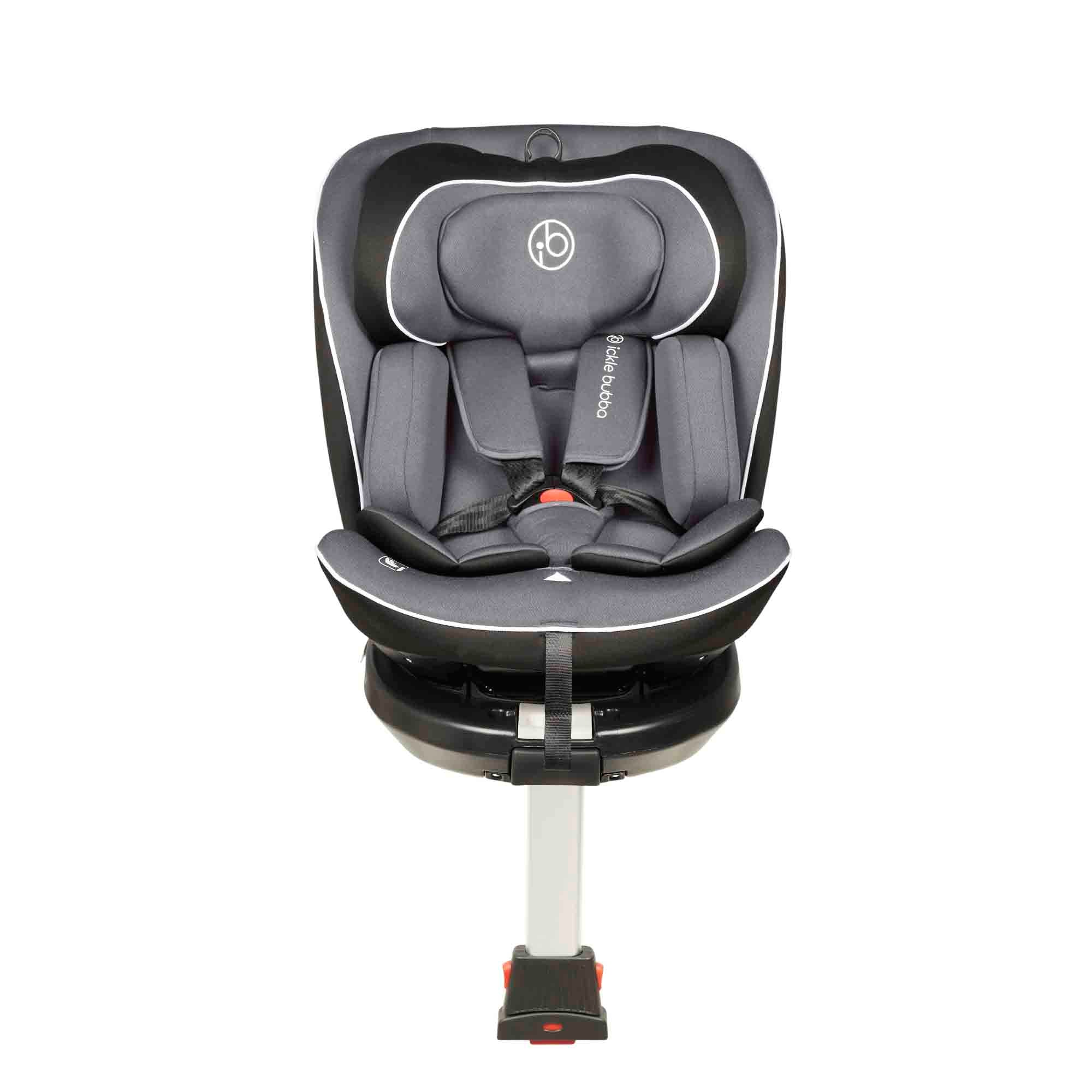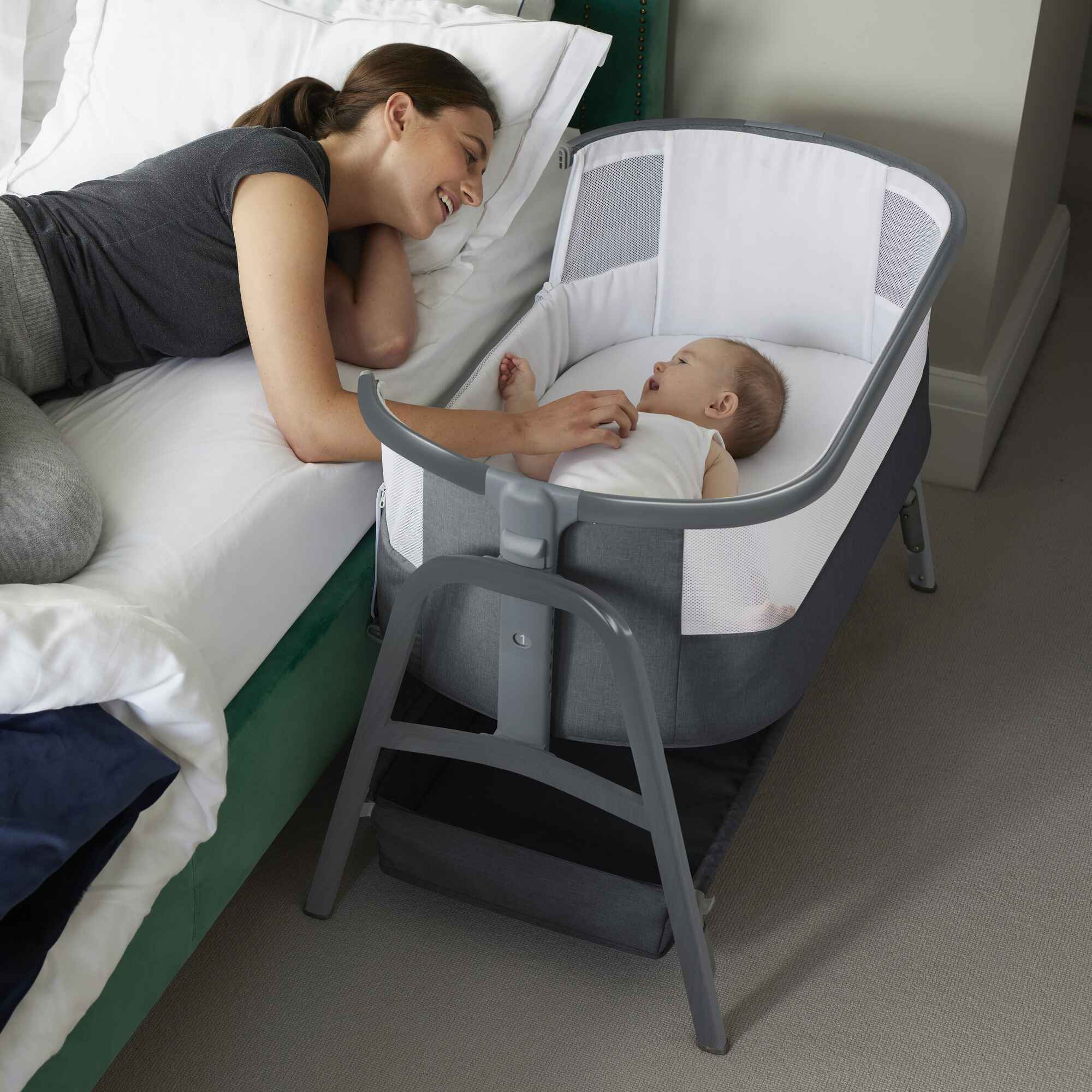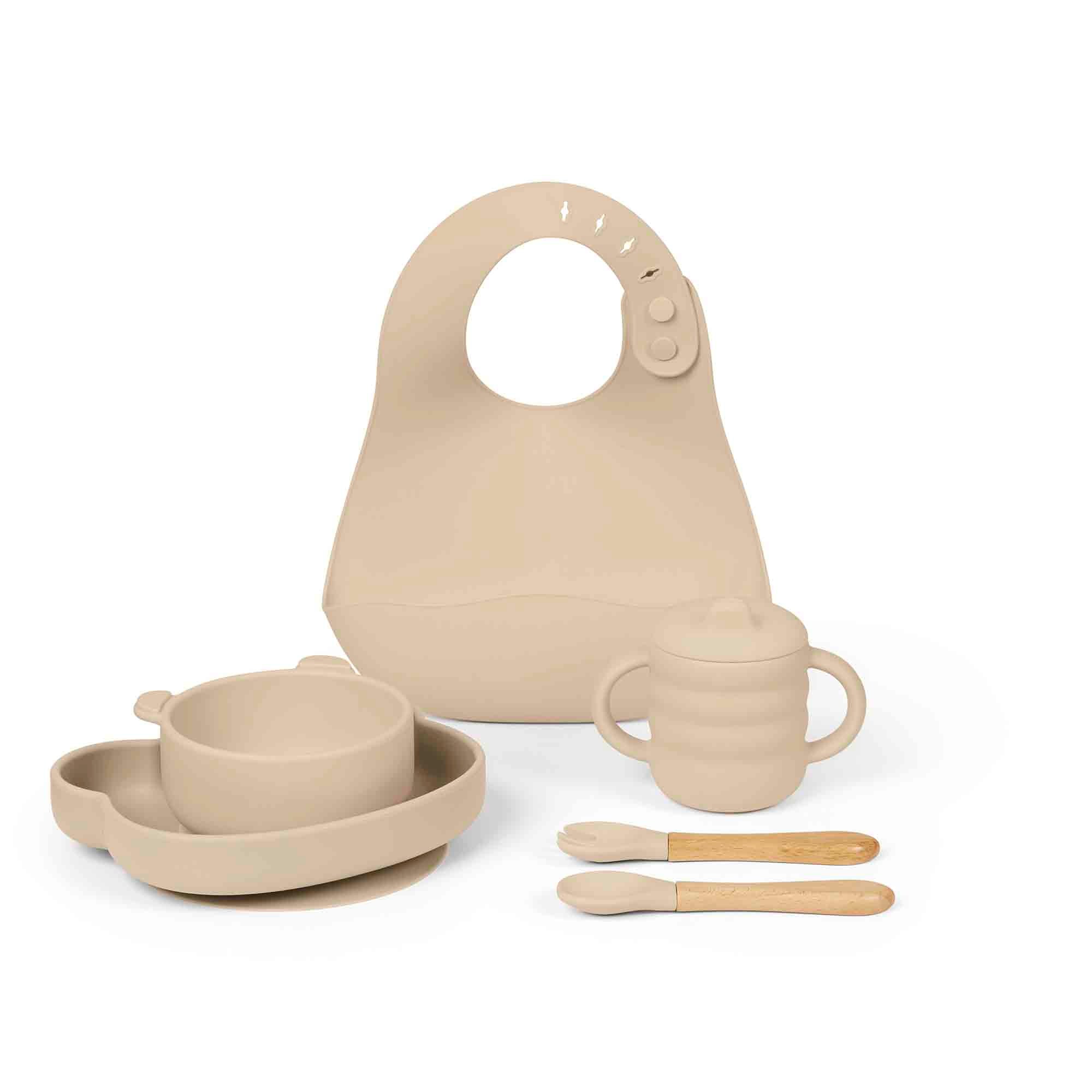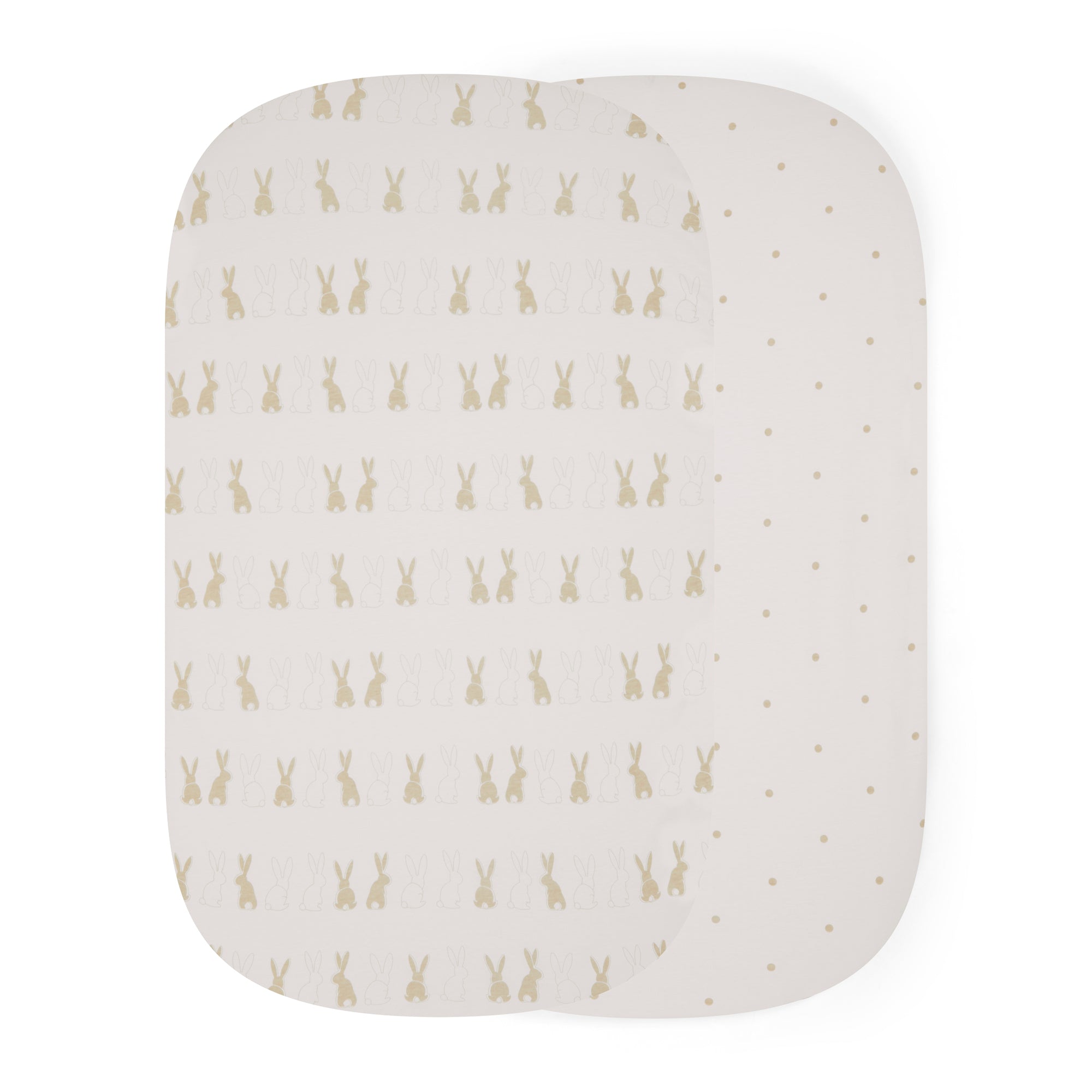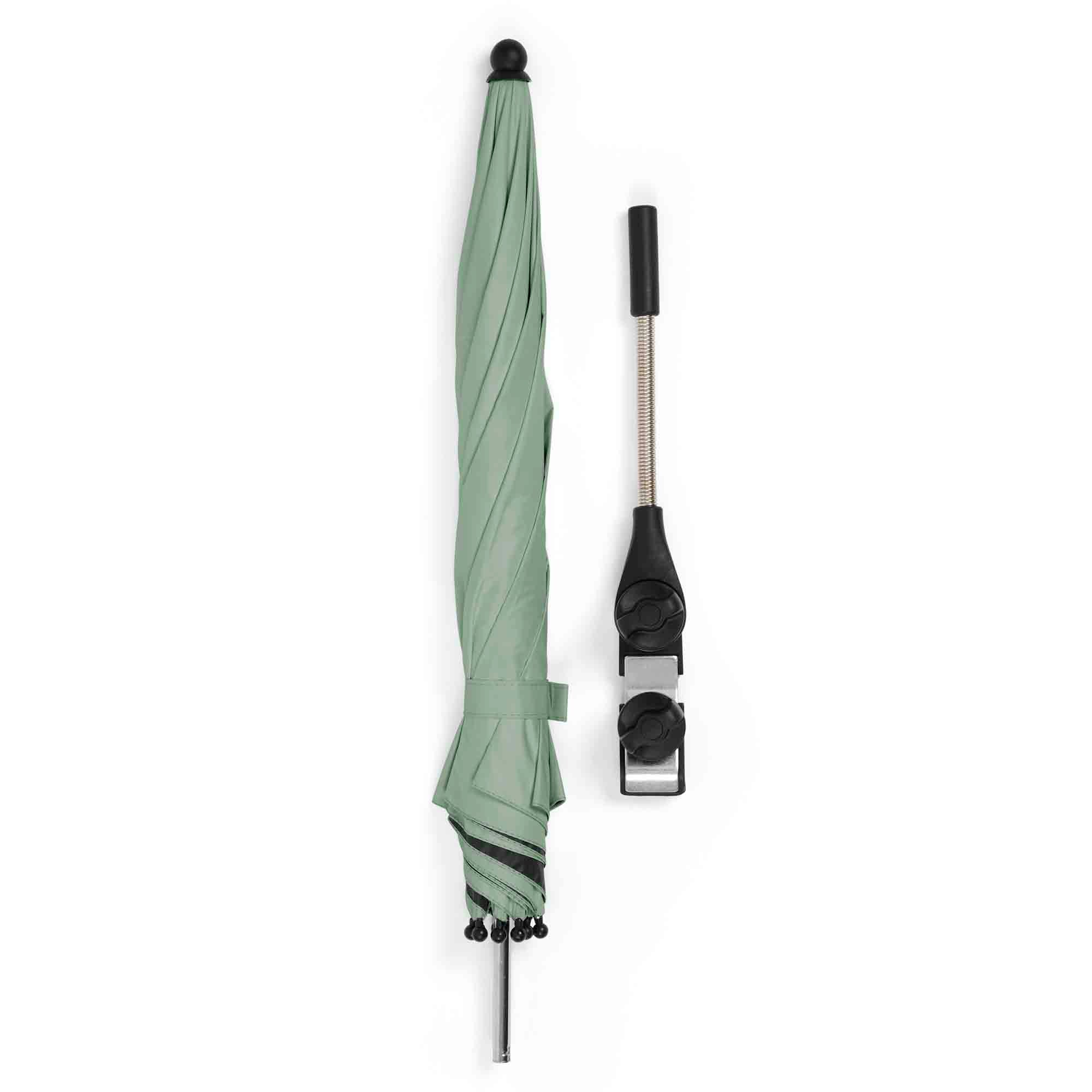Eating When Pregnant: What Do I Need to Know?

It’s always important to eat a healthy and balanced diet, but especially during pregnancy. However, with certain foods being off limits and others being particularly helpful for you and baby, it can be tricky keeping track. We’ve pulled together this short guide to help get you eating right for you and your little one.
Eating in Pregnancy: The basics
So, let’s look at some of FAQs around eating while pregnant, this should help us to understand why we need to choose carefully.
Why am I eating so much?
It is incredibly common to find yourself hungry a lot during pregnancy. As the saying goes, you’re now eating for two so additional food is essential to satisfy both you and baby. Not only that, but your body is undergoing so many changes – physical and hormonal - so you need to make sure you have the energy to handle it. All the things your body does during pregnancy use up calories, which means you feel even hungrier.
Why is healthy eating important during pregnancy?
It’s always important to eat a healthy and balanced diet, but especially so during pregnancy because you’re sustaining two people. A good diet can help you keep up your energy but also help baby to receive the nourishment it needs during these early months to grow and strengthen as it does.
Will eating unhealthily affect my baby?
If your diet is not balanced, then it can have a negative affect on baby’s development as they might be missing out on the vital nutrients they deep to develop. An unhealthy diet could lead to:
High blood pressure
Obesity
Risk of heart disease
Allergies
That said, there’s nothing to say you can enjoy sweet treats or the odd takeaway, but it should be part of a balanced diet.
Will eating help my morning sickness?
It depends on how severe your morning sickness is. In many cases just a small amount of food or even the smell of it can trigger that nauseous feeling. However good foods to eat to help keep it at bay include:
Bread
Rice
Pasta
Noodles
Salty crackers
Fresh vegetables
Water or juice
Will eating too much when pregnant make you sick?
Often someone who is pregnant will eat more throughout the day, as their body is burning up more calories. This won’t necessarily make you sick, but as for anyone, overindulging when you’re not hungry or eating too much of rich foods can make you feel sick
How many times a day should I eat during pregnancy?
Doctors recommend eating regular intervals throughout the day. Ideally, three small meals interspersed with light snacks.
Is it OK to be vegetarian?
If you’re vegetarian or vegan and you become pregnant, there’s no need to change up you diet. However, you will need to make sure that your body and baby are getting the nutrients it would normally get from meat or diary, such as iron, vitamin B12, vitamin D and calcium.
The NHS have a great guide for pregnant vegetarians and vegans.
Do I need to eat specific things during each trimester?
There isn’t a hard and fast rule, however at certain points during your pregnancy, your body requires more of specific nutrients and vitamins, for example:
First trimester: calcium (dairy), folate (beans, grains, seafood) and iron (red meat, nuts, cereal)
Second trimester: Omega3 (fish, nuts, seeds, plant oils)
Third trimester: protein (meat, fish, chicken)
Can I eat out at restaurants?
Of course, but be aware of what ingredients are in your chosen dish to make sure you avoid any foods you shouldn’t be eating. Also make sure to check for raw or undercooked food to avoid the risk of sickness or infection. Make sure to check with the restaurant beforehand to see if they offer any specific pregnancy dishes.
For more help, check out the NCT guide to eating our when pregnant.
What to Eat During Pregnancy
So, now we’ve covered the basics, let’s look at what you can eat during pregnancy, as this will tell you everything you need to know.
What are the best feeds to eat during pregnancy?
There are a range of great foods you can eat while pregnant, but some of the best are:
Eggs
Salmon
Sweet Potatoes
Kale
Nuts
Lean meats & Poultry
Dried Fruits
These foods provide the right level of vitamins, minerals and nutrients that both you and your baby need to keep your strength up during pregnancy.
Eggs
Eggs provide a good source of protein which contain acids that help strengthen cells.
Salmon
Rich in Omega-3, protein and vitamin D, salmon is perfect for healthy teeth and bones.
Sweet Potatoes
These are full of useful vitamins such as A, C and B6 (which helps tackle nausea) as well as fiber and potassium.
Kale
Dark leafy greens such as kale or spinach are full of iron, folic acid and calcium. They’re particularly good during trimester one.
Lean meats & poultry
The best meets to eat are lean meats such as pork and beef or chicken, because they contain choline and protein. Always make sure they’re well cooked.
Nuts
Nuts are a perfect snack during pregnancy as they are made up of healthy fats, protein and fiber and can help fill you up.
Dried Fruits
Another great snack is dried fruit, such as prunes, raisins, apricots and dates. They’re full of the same nutrients as fresh fruit and can even cover your 5 a day in smaller portions.
What Not to Eat During Pregnancy
Now you know what to eat, but it’s still important to consider what you should be avoiding. We’ve covered off the top FAQs around foods to avoid.
What should I not eat during pregnancy?
The foods you should avoid during pregnancy include:
Raw or uncooked egg
Certain seafood (shellfish, swordfish)
Unpasteurised milk
Mould-ripened soft cheeses (i.e. Brie and Camembert)
Soft blue cheeses (i.e. Roquefort, Danish blue)
Pâté
Pheasant, partridge, goose
Liver
Raw meat
The NHS have a comprehensive list of foods to avoid.
Can I eat chocolate?
Of course, you can. Pregnancy wouldn’t be as fun without pretending you had chocolate cravings… As with everything, it’s important to balance it out with the rest of your diet.
Can I eat raw food?
Eating raw fruit and vegetables is still fine when pregnant, however make sure to wash them first. Avoid raw food or food that hasn’t been cooked properly. This could contain toxoplasma which is a harmful parasite.
Can I eat spicy food?
You can still eat hot or spicy foods when pregnant, but just be aware that it may cause some discomfort, such as heartburn or indigestion.
Summary
Now you know what foods to eat and what to avoid during pregnancy. Hopefully that makes things easier as you do your best to stick to a balanced diet. As with everything, it’s important to get a good range of foods that offer a variety of healthy properties. If you suffer from allergies or other intolerances, then make sure to speak to your midwife or GP, as they might be able to help you build a food plan that suits your needs.



